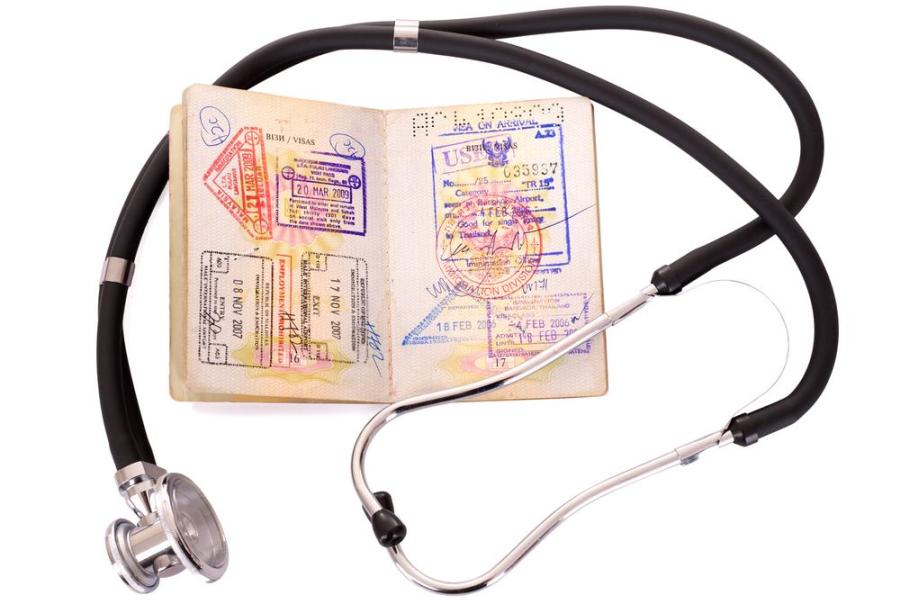
Travel Tips: How to Stay Healthy While Traveling
Travel can be one of the most rewarding experiences, but can also be dangerous if you are not prepared. Your body is not used to the germs in other parts of the world and the last thing you would want is to get sick on your trip, or worse return home with a serious medical condition such as malaria. During the year and half I worked as the clinical director for an epidemiology practice I became a travel expert and would like to share my “how to survive travel guide.”
Preparing for your trip and travel consult
Step 1) Make a detailed list of all the locations you will be traveling to, including layover airports. The reason why it is important to consider layover airports is because if you are traveling to an airport that requires a yellow card for yellow fever vaccine, you can be stopped by airport officials.
Step 2) Get a copy of your most up to date vaccines. If your primary care doctor does not have them, try the college or high school you went to.
Step 3) Do your homework. The CDC is a wonderful resource and provides lists of the vaccines and medications you will need for the specific destinations you are going to. It is good to have an idea of what you will need prior to seeing your medical provider.
Step 4) Make an appointment with a travel expert or your PCP. Primary care doctors can help you with your plans, but if possible it is better to see an epidemiology or travel expert.
Step 5) Make sure to tell you doctor or medical provider any medications you are on or conditions you may have such as autoimmune disease or seizures, which can interact with the vaccines and medications you may be given for your trip.
Step 6) Budget, many travel experts do not accept medical insurance so if may be wise to obtain a consult with a travel expert, but receive your vaccines from your PCP.
Step 7) Plan a safety kit with your medical provider. Safety kits should include the medications you were given by your provider as well as OTC medications that may be difficult to obtain overseas.
- ibuprofen (for headache and pain)
- peptomismol (for nausea and diarrhea )
- immodium (for diarrhea)
- benadryl (for allergies)
- epi pen if you have anaphalytic allergies
- pseudofed (for congestion while flying)
- band aids
- bug spray (one with deet in it)
- contain info for the nearest hospital and emergency phone numbers




